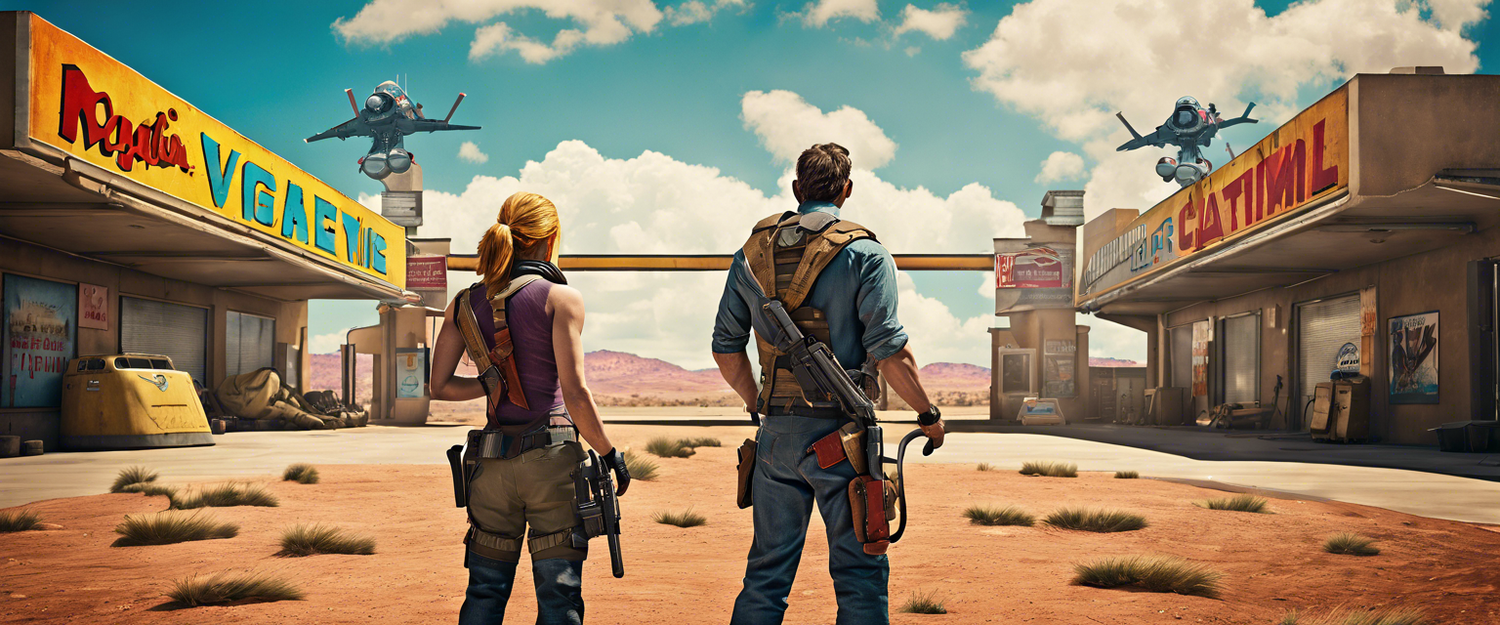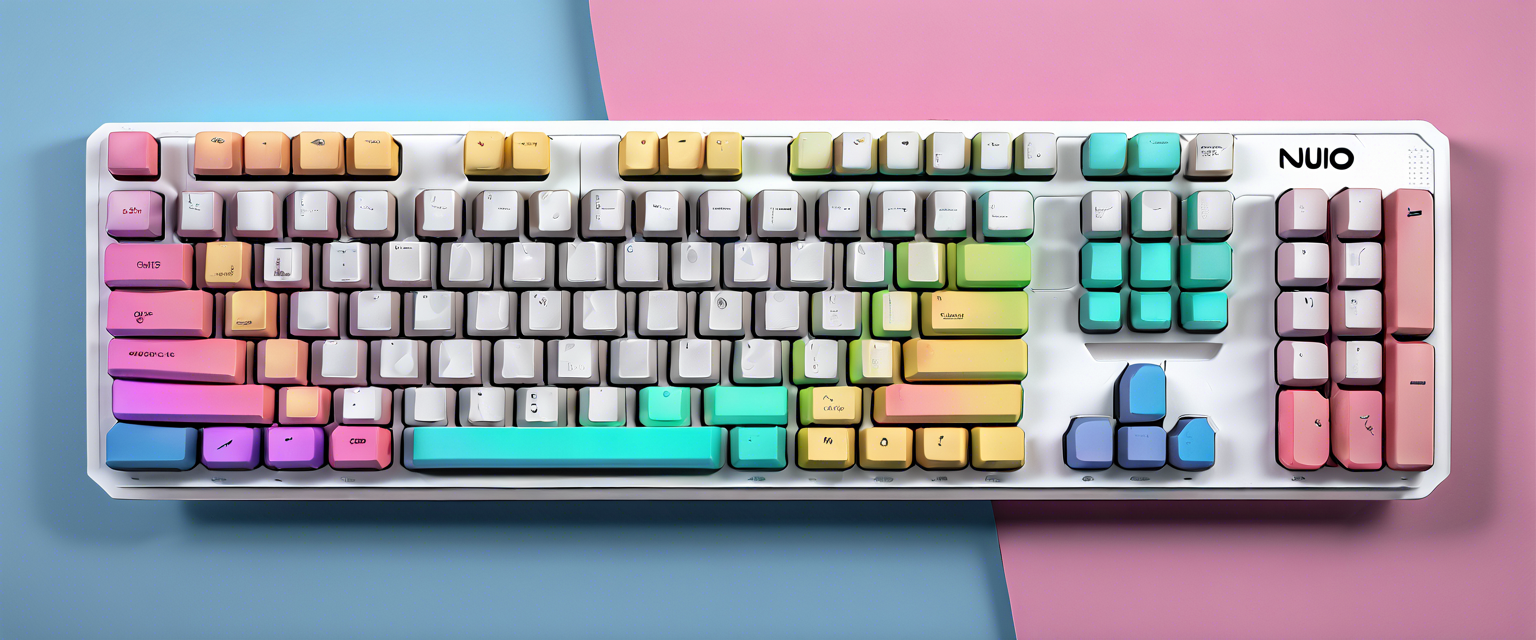Potential Resolutions in the Video Game Voice Actor Strike
The ongoing video game voice actor strike led by SAG-AFTRA is showing signs of progress as negotiations are set to resume on Wednesday, October 23rd. This announcement brings hope for resolution after almost two years of discussions surrounding the interactive media agreement that governs video game performances.
Background of the Strike
In September of last year, the situation escalated when SAG-AFTRA members voted in favor of strike authorization. With persistent negotiations yielding no fruitful results, the formal strike was authorized this summer, leading to picketing beginning on July 26th.
Key Players in the Negotiation
The interactive media bargaining group, representing major video game companies such as Activision, Insomniac Games, Take-Two Interactive, and Electronic Arts, has been at the negotiating table with SAG-AFTRA. Their discussions center around crucial issues, primarily focusing on worker protections, particularly concerning the implications of artificial intelligence (AI) in video game voice acting.
Disagreements Over AI Protections
At the heart of the negotiations is a disagreement regarding protections offered to voice and motion performers related to the growing use of AI technology in the gaming industry. SAG-AFTRA argues that companies within the bargaining group are unwilling to provide adequate protections, while industry representatives believe the protections offered meet standard practices.
Recent Developments
Negotiations are taking place following SAG-AFTRA's decision to include League of Legends in the list of struck games. This expansion comes alongside an unfair labor complaint filed against Formosa Entertainment, the agency responsible for providing voice acting services to League of Legends and other Riot Games titles. SAG-AFTRA alleges that the company tried to bypass the strike by hiring non-union talent, intensifying the ongoing conflict.
Looking Ahead
As the negotiations resume, both SAG-AFTRA and members of the interactive media bargaining group remain tight-lipped about additional comments. The outcome of these discussions will be crucial not only for the future of voice acting in video games but also for setting industry standards on worker protections in the face of advancing technology.
Conclusion
With upcoming negotiations, stakeholders and fans alike are hopeful for a resolution that addresses critical issues surrounding fair working conditions while adapting to technological advancements. The outcome could significantly impact the video game industry and its workforce.



اترك تعليقًا
تخضع جميع التعليقات للإشراف قبل نشرها.
This site is protected by hCaptcha and the hCaptcha Privacy Policy and Terms of Service apply.